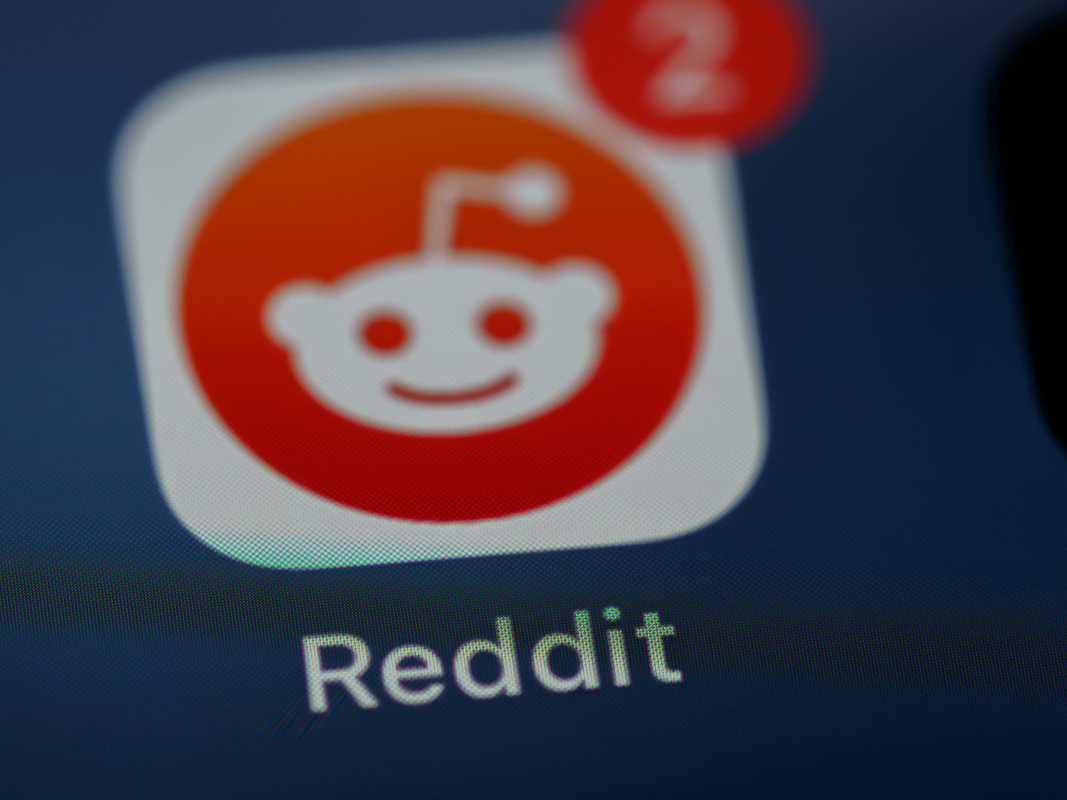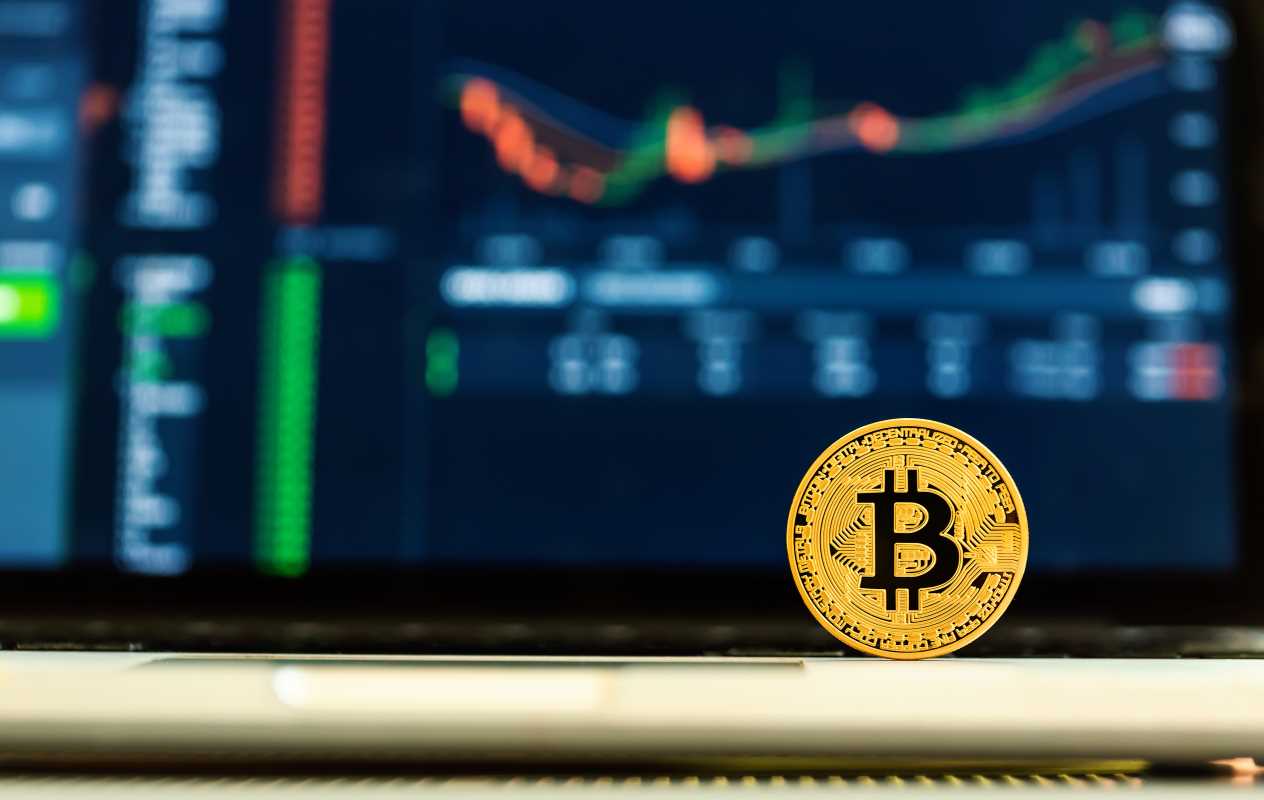The financial world is no stranger to change, but some shifts are more surprising than others. One such phenomenon is the rise of meme stocks, which are stocks that gain viral popularity through social media platforms like Reddit, Twitter, and YouTube. Unlike traditional stocks that climb in value based on a company’s financial health or future potential, meme stocks often skyrocket due to online buzz fueled by memes, community enthusiasm, and a shared passion for defying the odds. These unprecedented dynamics have introduced both opportunities and risks for a new generation of retail investors, raising important questions about how social media is reshaping the stock market.
The Role of Reddit, Twitter, and Online Communities
Social media has transformed investing by creating platforms for everyday people to share ideas. Previously, institutional investors such as hedge funds and banks dominated the stock market. This changed with the emergence of online communities like Reddit’s r/WallStreetBets, where amateur investors post stock tips, memes, and strategies.
One of the most famous examples is the GameStop (GME) rally of early 2021. GameStop, a struggling video game retailer, became the center of a social media-driven push to challenge Wall Street hedge funds that were shorting the stock. Short selling is when investors bet that a stock’s price will drop. Members of r/WallStreetBets encouraged each other to buy GameStop shares, triggering a massive short squeeze. A short squeeze occurs when rising prices force short sellers to buy back shares at high prices to cover their losses, which further pushes the stock upward. The stock price of GameStop climbed an astonishing 700% during this frenzy.
Twitter played a key role as influential accounts amplified the buzz, reaching audiences who might have never considered investing before. While it might appear that these retail investors acted in perfect coordination, it’s important to note that their actions were largely independent and unorganized. Social media simply provided a space for shared enthusiasm to snowball.
Retail Investors Take the Spotlight
Meme stocks have turned retail investors into a force to be reckoned with. Retail investors are individuals who buy and sell stocks through platforms like Robinhood or E*TRADE, as opposed to large institutions like mutual funds or pension funds. Historically, their influence on stock prices was limited, but the accessibility of trading apps and the reach of social media have changed this dynamic.
Through collective action, these small-time traders have shown they can rival institutional investors in their ability to move markets. This shift is as much cultural as it is financial. Meme stock investors often describe their actions as part of a David-versus-Goliath battle against Wall Street elites, contributing to a sense of community and camaraderie.
The rapid rise and fall of meme stock prices highlight the challenges of this new paradigm. While some investors enjoy massive gains, others face equally significant losses, especially if they buy into the hype at its peak.
Understanding the Risks and Rewards of Meme Stocks
The allure of meme stocks lies in their potential for rapid, extraordinary gains. For example, GameStop investors who got in early during the 2021 rally saw their holdings multiply in value within days. Similarly, AMC Entertainment, another meme stock, experienced a sharp surge in its stock price as retail traders rallied around it.
Yet, the risks of meme stocks are serious. Many of these companies are not financially sound, meaning their stock prices aren’t supported by strong performance or growth potential. This makes meme stocks extremely volatile. A stock that skyrockets one week can just as easily crash the next. The speculative nature of this type of investing means that it’s far from a guaranteed win.
Another significant risk is the spread of misinformation on social media. Posts promising that a stock will "go to the moon" might lack evidence or be based solely on wishful thinking. New investors, especially those drawn in by the excitement, may not fully understand how unpredictable markets can be or how easily prices can collapse.
Additionally, regulatory scrutiny has increased. During the GameStop surge, platforms like Robinhood halted trading for certain stocks, claiming it was due to an inability to meet clearinghouse deposit requirements. This angered investors and prompted investigations by the U.S. Securities and Exchange Commission (SEC) into whether these trading suspensions were fair and transparent.
How Meme Stocks Are Altering the Market
The rise of meme stocks has caused ripples across the financial system. Some argue that it’s a win for retail investors, who are finally competing with Wall Street on a more level playing field. Others worry about the long-term implications, noting that the speculative nature of these stocks adds instability to financial markets.
Regulators are particularly concerned about the role of social media in driving these trends. Viral posts can create herding behavior, where investors make decisions based on hype rather than research. This dynamic makes it difficult for analysts to assess a stock’s true value and creates opportunities for price manipulation. The SEC has begun investigating practices related to meme stocks, including the influence of social media campaigns and the effect of trading halts.
These shifts also raise questions about the ethical responsibilities of platforms and influencers. Should social media companies regulate investment-related content? Are financial influencers accountable for the impact of the advice they share? These are complex issues that policymakers are only beginning to address.
Navigating the Meme Stock Phenomenon Responsibly
For those interested in meme stock investing, caution is crucial. First, understand that these stocks are highly speculative. Only invest money you can afford to lose, and avoid putting all your eggs in one basket. Diversifying your portfolio across different assets can help you manage risk.
Second, do your homework. While social media can offer useful insights, don’t rely solely on online forums or tweets for investment advice. Research the financial health of a company and check whether its skyrocketing stock price is backed by real potential or just hype.
Finally, take your time. Fear of missing out (FOMO) can push people into hasty decisions, but markets often punish impulsive behavior. Think about your long-term goals before investing in anything driven by a viral trend.
 (Image via
(Image via





